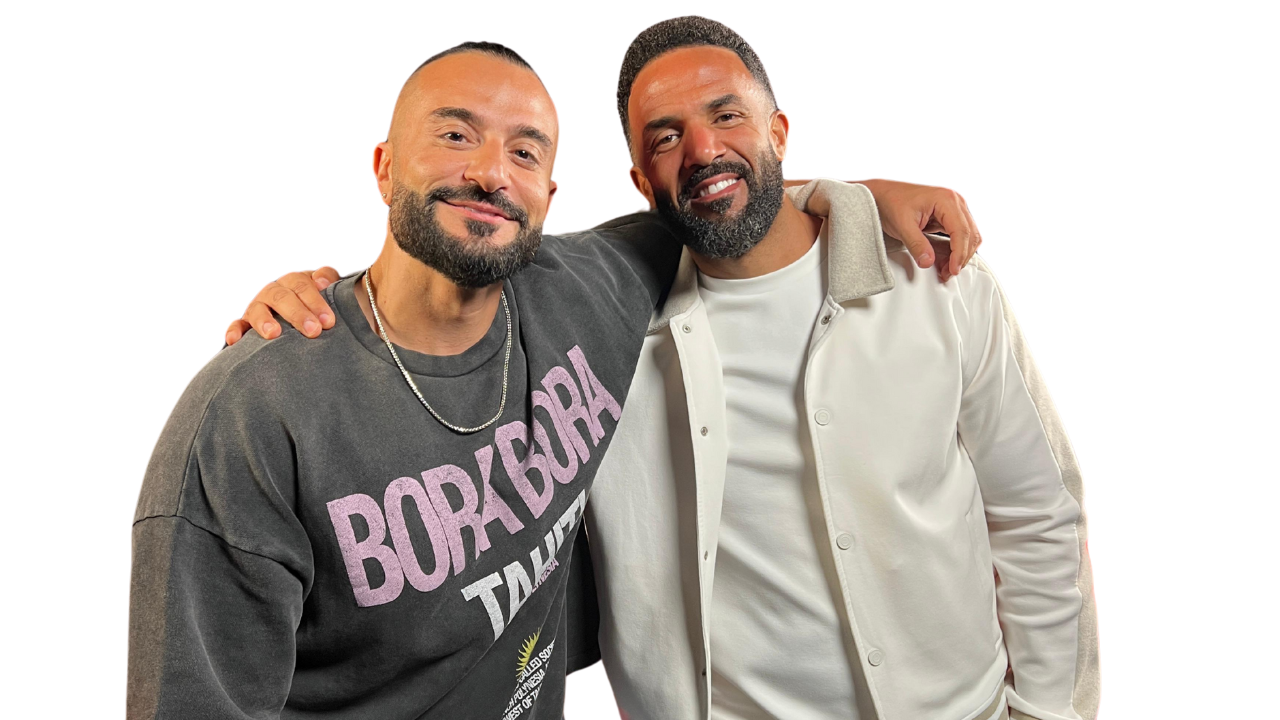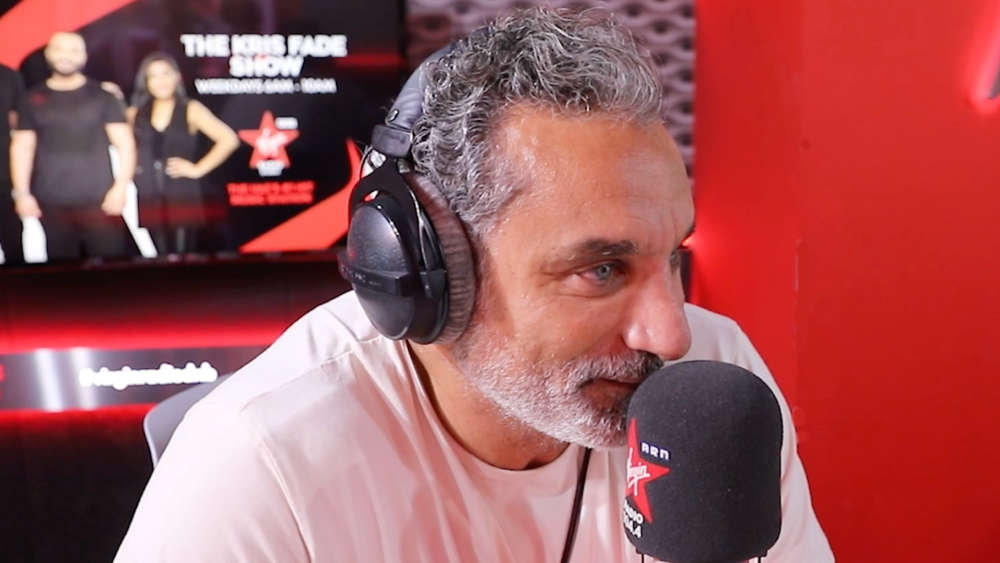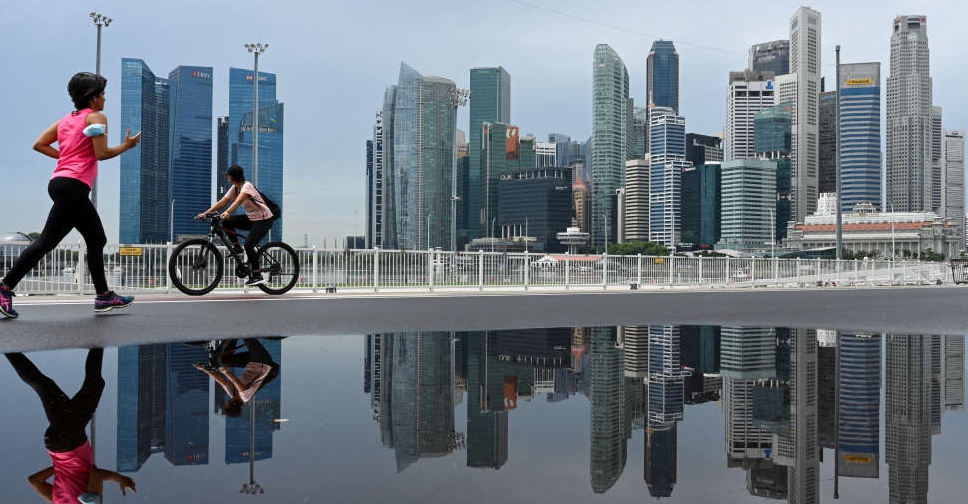
Singapore will do away with requirements to wear masks indoors starting August 29, as the country sees its COVID-19 situation stabilise further, the health minister said on Wednesday.
For the first time in more than two years, people in the Southeast Asian city-state will no longer be required to wear masks indoors except on public transport and in high-risk settings like healthcare facilities.
The health ministry also updated rules for non-vaccinated travellers, dropping a 7-day quarantine requirement starting next week.
Singapore, which is a major Asian financial and travel hub, lifted most pandemic curbs, including travel restrictions, earlier this year.
About 70 per cent of the city-state's 5.5 million population has already contracted COVID-19, Ong Ye Kung, the health minister said in a news conference, adding that the re-infection rate is so far "very low".
Singapore has vaccinated more than 90 per cent of its population and has among the lowest COVID-19 mortality rates in the world.




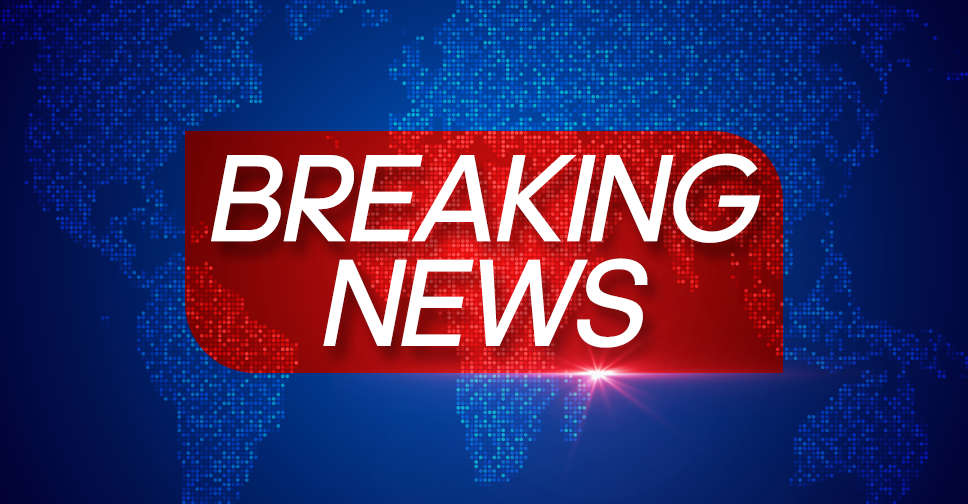 Azerbaijan accuses Iran of firing two drones at its territory, injuring two
Azerbaijan accuses Iran of firing two drones at its territory, injuring two
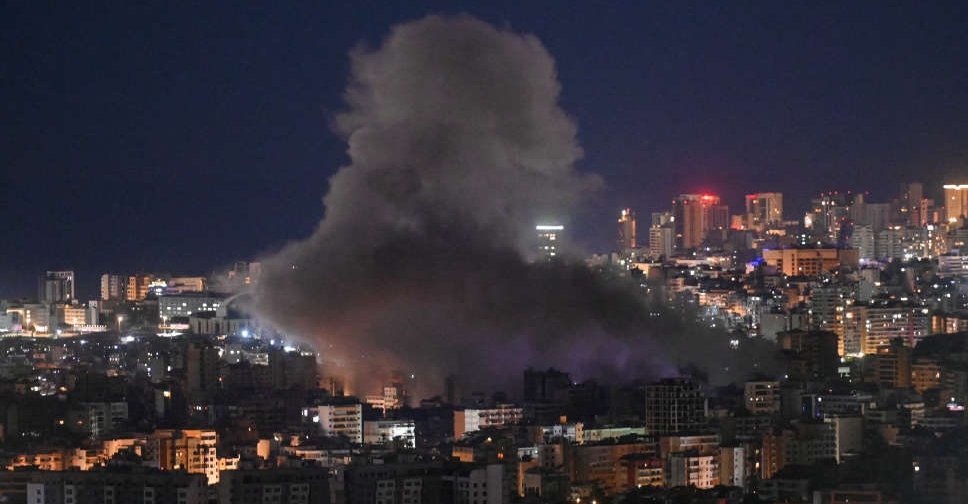 72 killed in Israeli attacks on Lebanon as it warns residents to leave south
72 killed in Israeli attacks on Lebanon as it warns residents to leave south
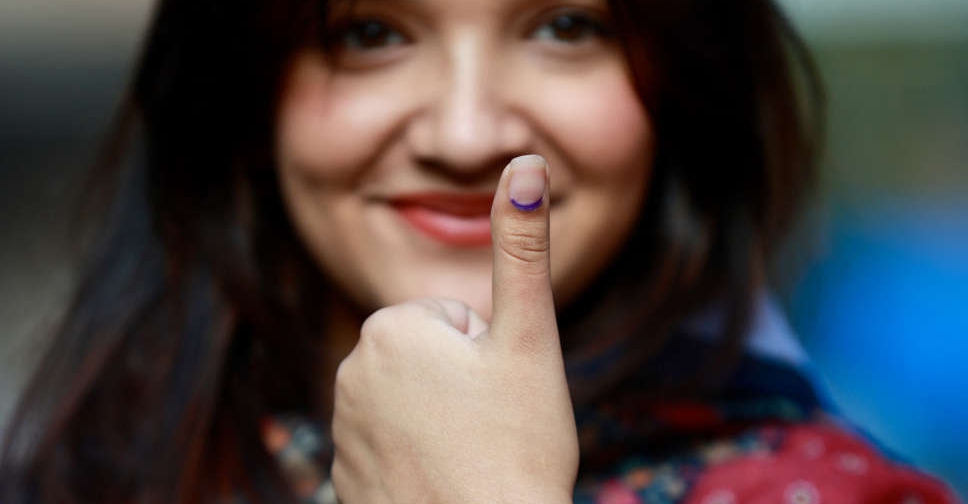 Nepal goes to the polls; voters seek change after youth-led protests
Nepal goes to the polls; voters seek change after youth-led protests
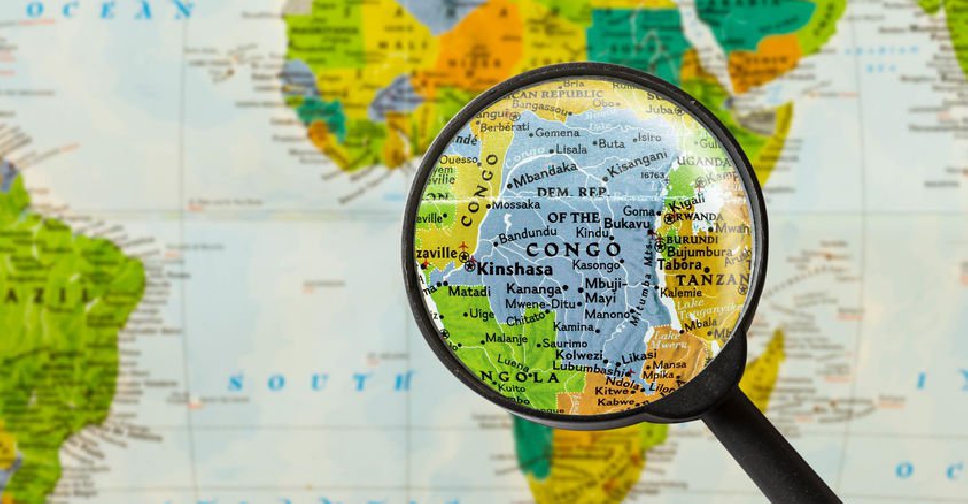 Landslide kills over 200 people at Congo's Rubaya mine
Landslide kills over 200 people at Congo's Rubaya mine
 80 people killed after US sinks Iranian warship
80 people killed after US sinks Iranian warship

